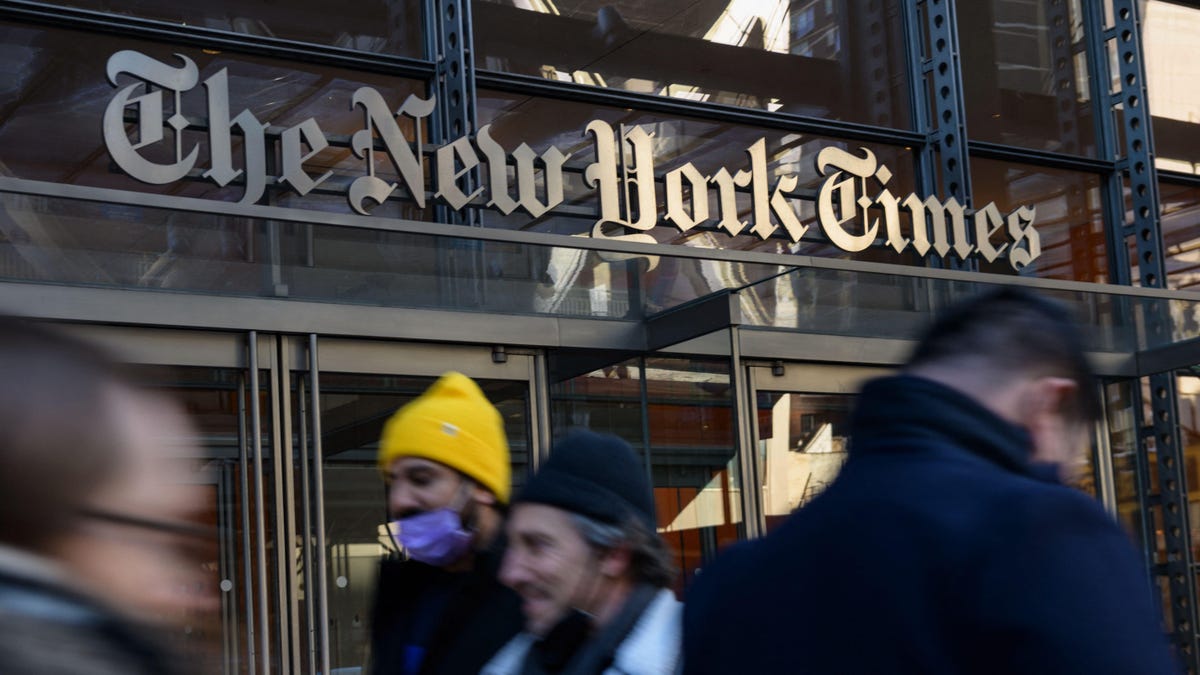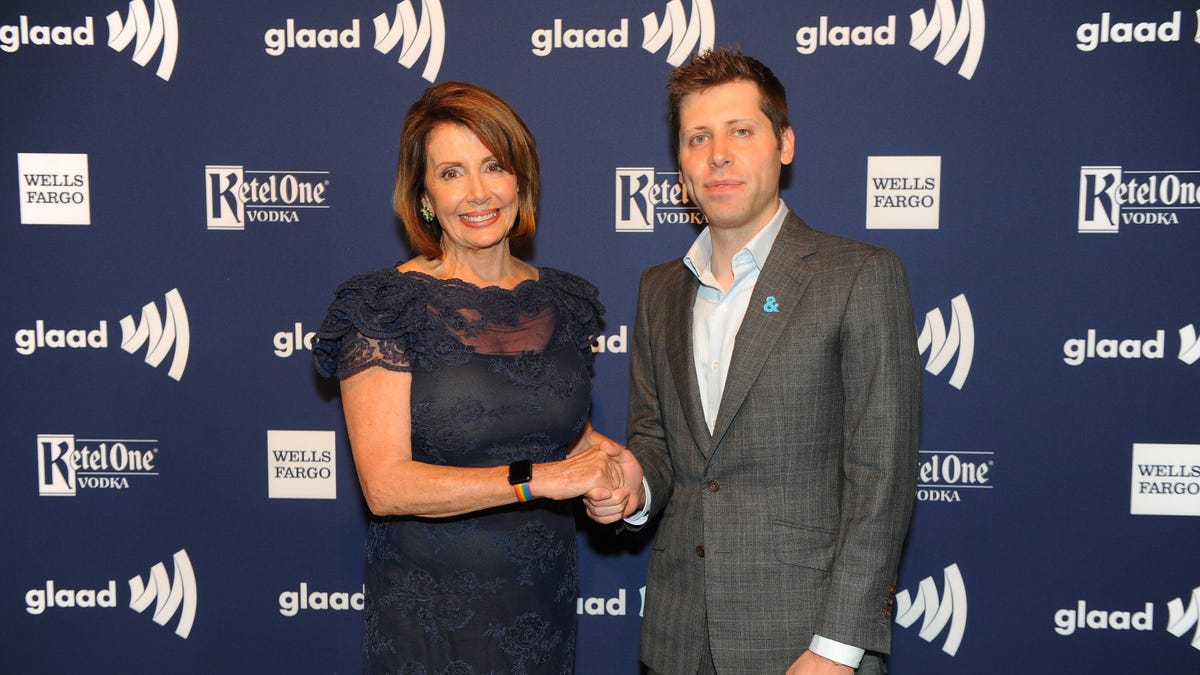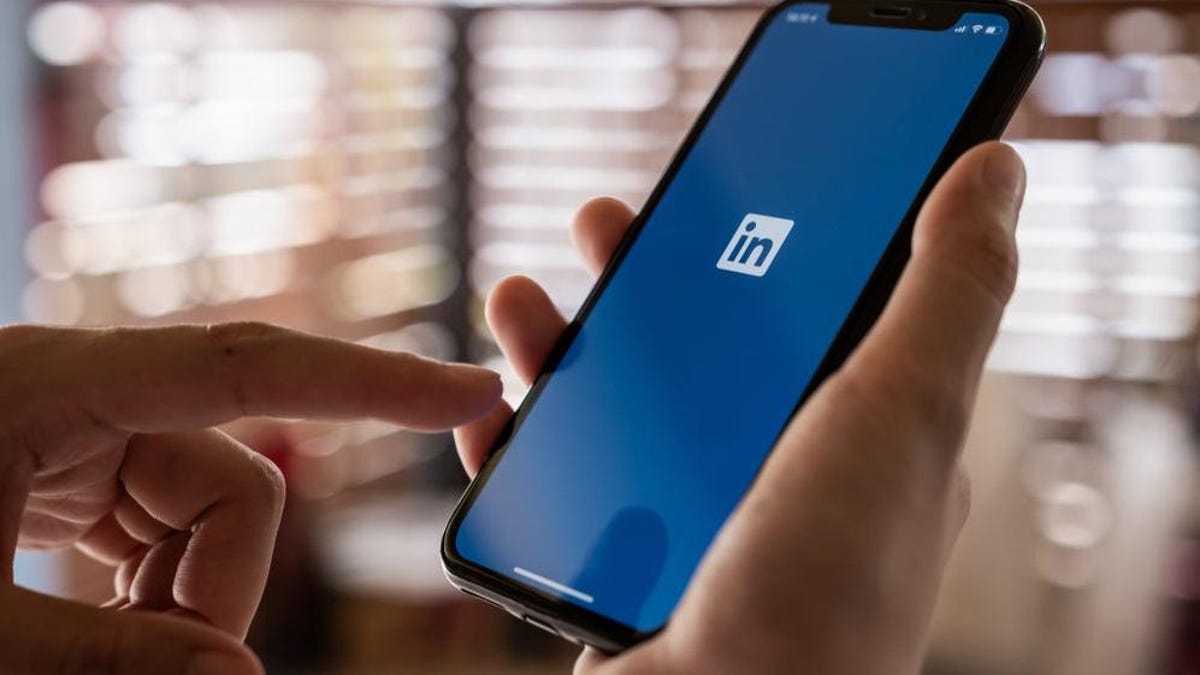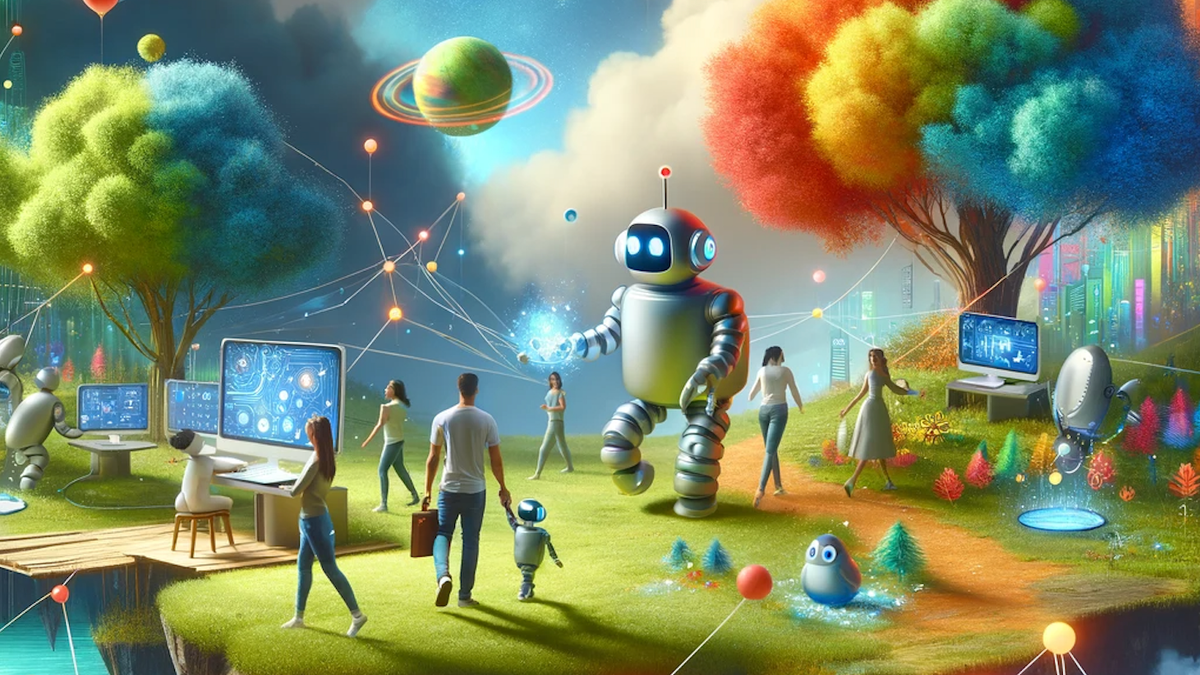The New York Times sued OpenAI and Microsoft for copyright infringement on Wednesday, asking that ChatGPT be destroyed, along with any other large language models and training sets that have used The Times’ work without payment.
This is the first major media organization to sue the creators of ChatGPT, and the ruling could set a precedent for fair use laws around AI moving forward. The lawsuit alleges OpenAI and Microsoft trained AI models on copyrighted data from The New York Times. What’s more, it claims that ChatGPT and Bing Chat often reproduce long, verbatim copies of The New York Times articles. This allows ChatGPT users to bypass The New York Times paywall, and the lawsuit claims generative AI is now a competitor to newspapers as a source of reliable information. The New York Times lawsuit aims to hold the companies accountable for “billions of dollars in statutory and actual damages” and seeks the destruction “of all GPT or other LLM models and training sets that incorporate Times Works.”
OpenAI and Microsoft did not immediately respond to Gizmodo’s request for comment.
“There’s another component to what these AI companies are after and that’s, for lack of a better word, power,” said Michael Butterick, a lawyer representing Sarah Silverman and other book authors in a separate copyright lawsuit against OpenAI. “They’d like to break the spine of copyright law now so that people who hold copyrights will not have a veto over what the AI companies do in the future.”
Courts will ultimately have to decide whether training AI on the open internet is protected by fair use laws in the United States. The fair use doctrine allows for the limited use of copyrighted works in certain circumstances, such as short snippets of articles on Google Search results. Lawyers representing The Times say ChatGPT and Bing Chat’s use of copyrighted material is more severe than in search results. That’s because search engines give a prominent hyperlink to the publisher’s article, whereas chatbots from Microsoft and OpenAI conceal the source of the information.
Apple recently started negotiating deals with major news publishers to use their content in the company’s training of generative AI systems, according to The New York Times. As far as public announcements go, Apple has fallen behind competitors in artificial intelligence, but its ability to sidestep major copyright cases that OpenAI and Microsoft are facing would give it a significant chance to catch up. OpenAI, itself, recently reached a partnership with the publisher Axel Springer to use Politico and other publishers’ content in ChatGPT’s answers. The New York Times reportedly approached OpenAI about a partnership in April, but no resolution was reached.
The outcome of this lawsuit, and others like it in San Francisco, could have major implications for the future of generative AI. Early innovators in AI, such as Google, Adobe, and Microsoft, offered to protect users in court if they found themselves mired in a copyright case, but these companies are being accused of copyright infringement themselves. The New York Times suit will help determine whether OpenAI and Microsoft’s role in the AI revolution. If The Times wins, it would be a major opportunity for other Big Tech giants like Apple and Google to get ahead.








